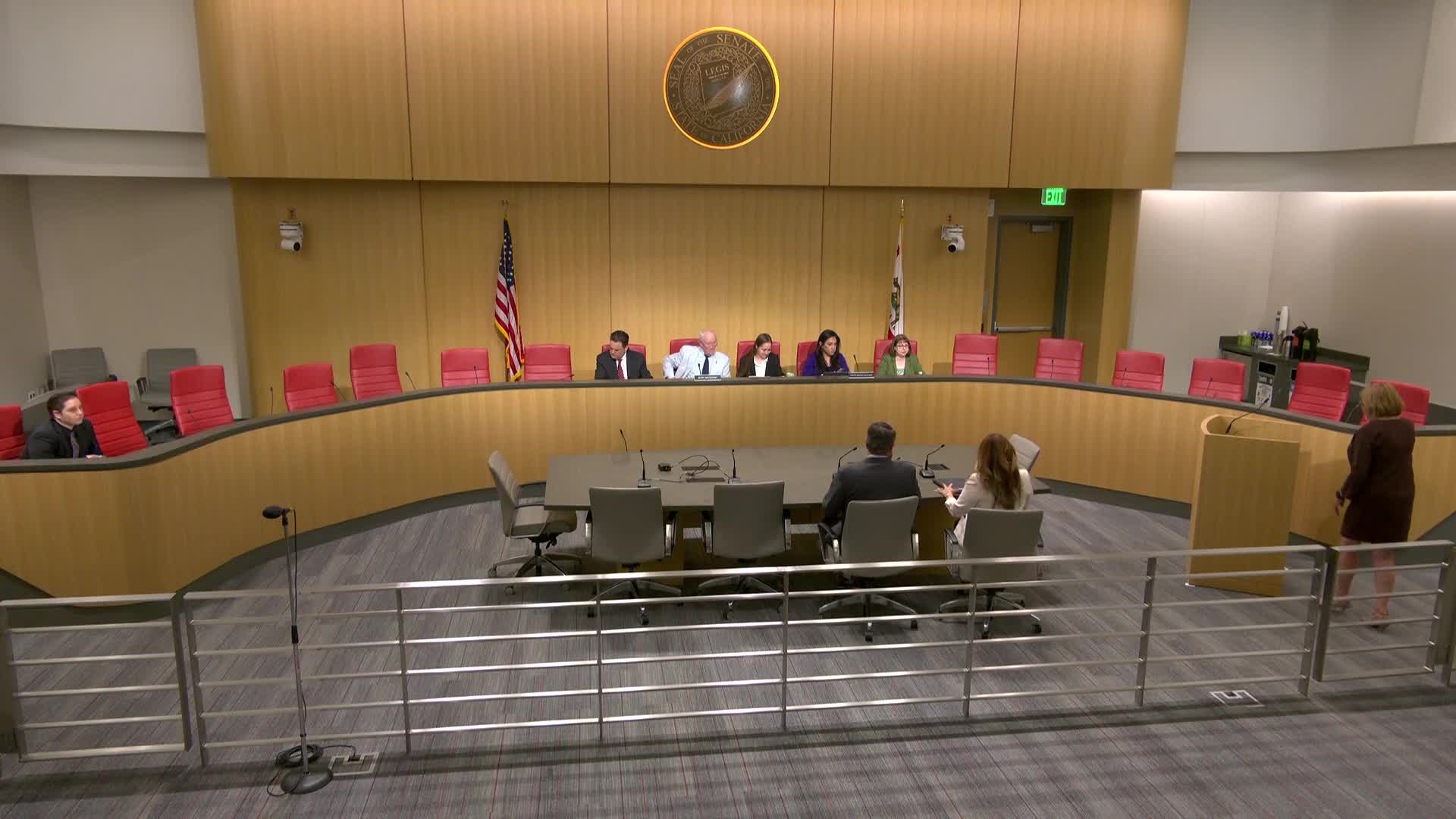Article not found
This article is no longer available. But don't worry—we've gathered other articles that discuss the same topic.
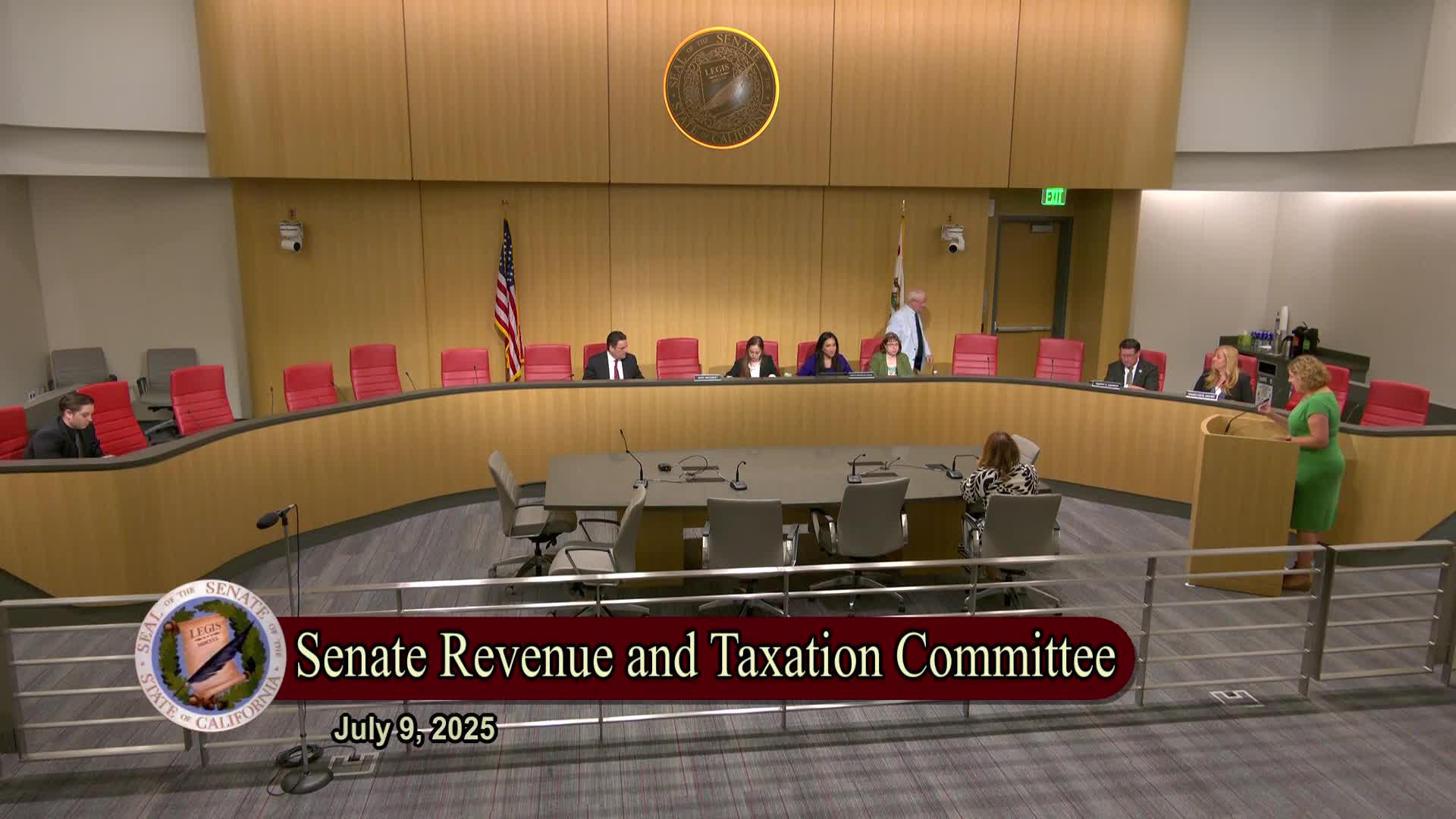
AB 985 advances after testimony from Chiquita Canyon landfill neighbors seeking tax and mortgage relief
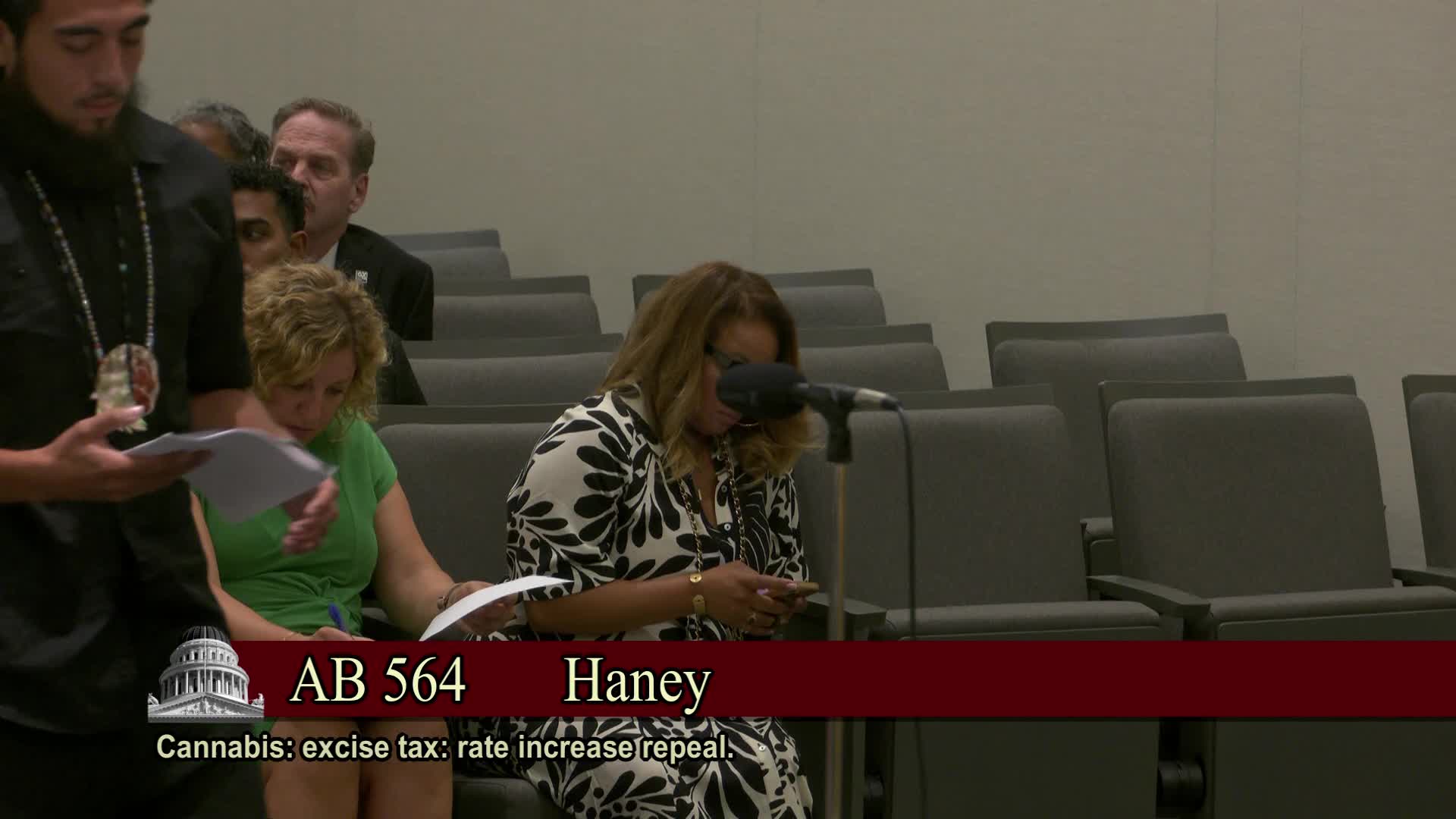
Committee advances AB 1485 to extend welfare exemption and documentary transfer tax relief to tribes reclaiming land
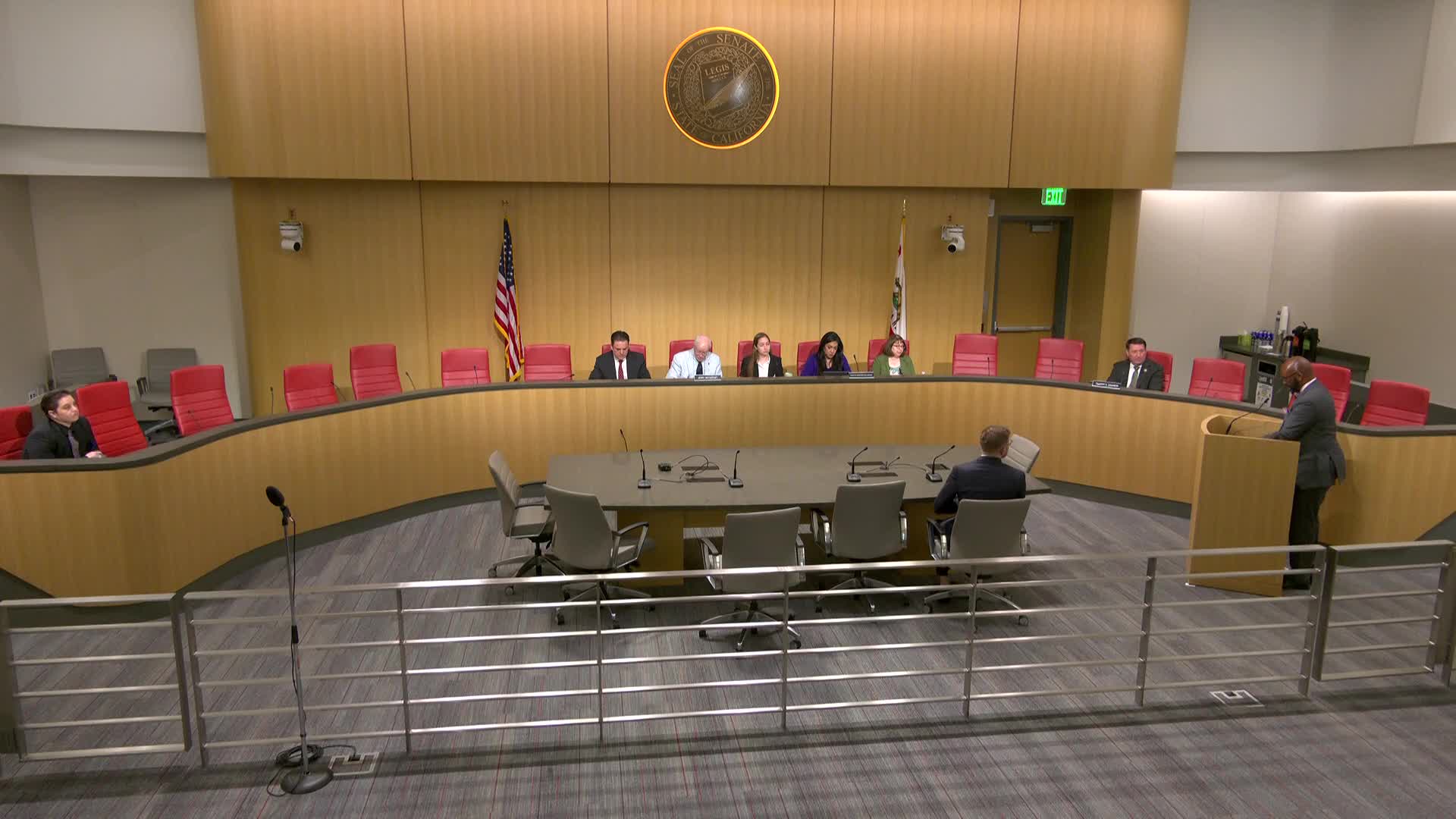
Committee moves AB 245 to expand property‑tax relief for Los Angeles wildfire victims
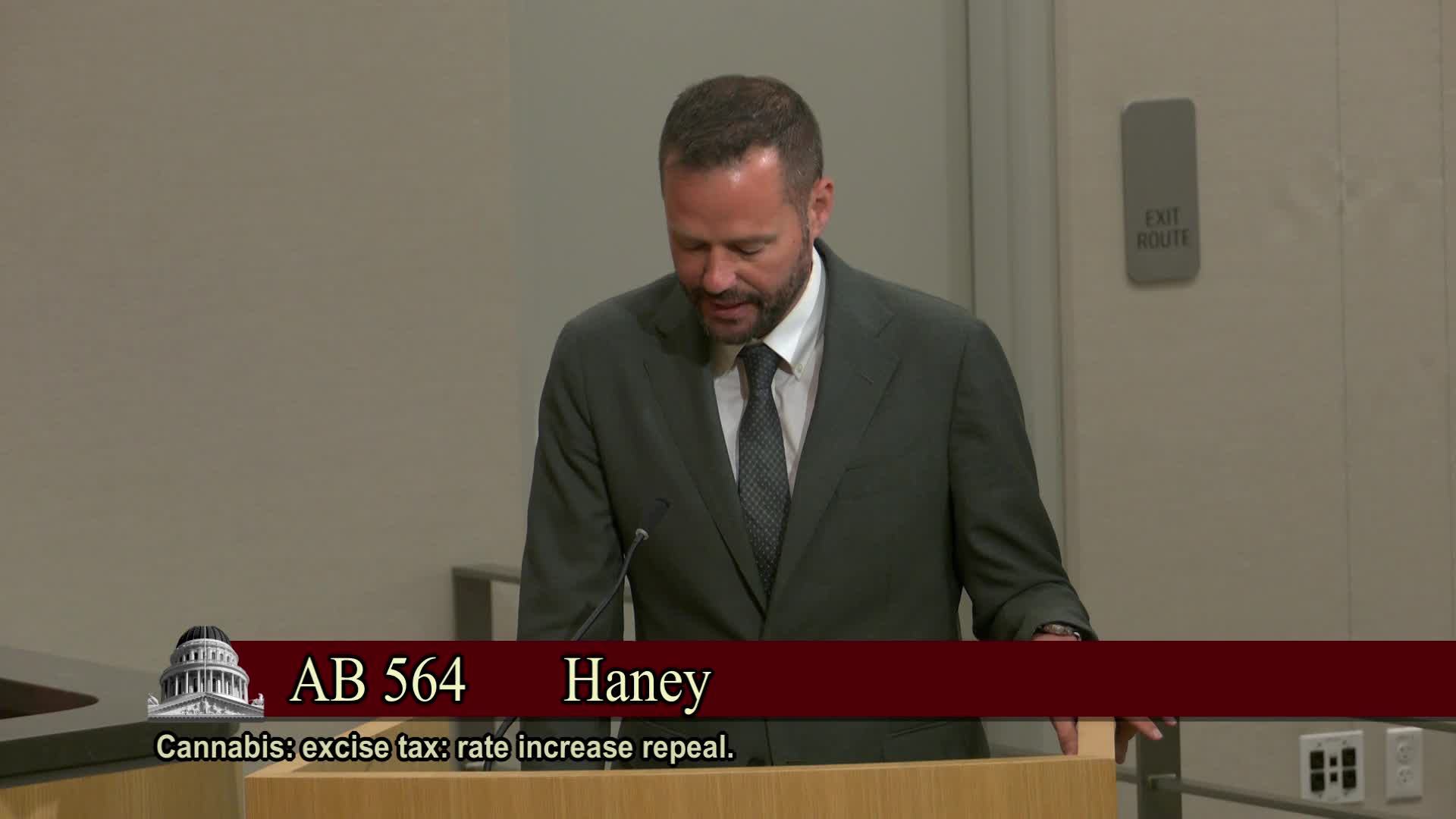
Committee backs temporary freeze on planned cannabis excise increase in AB 564
